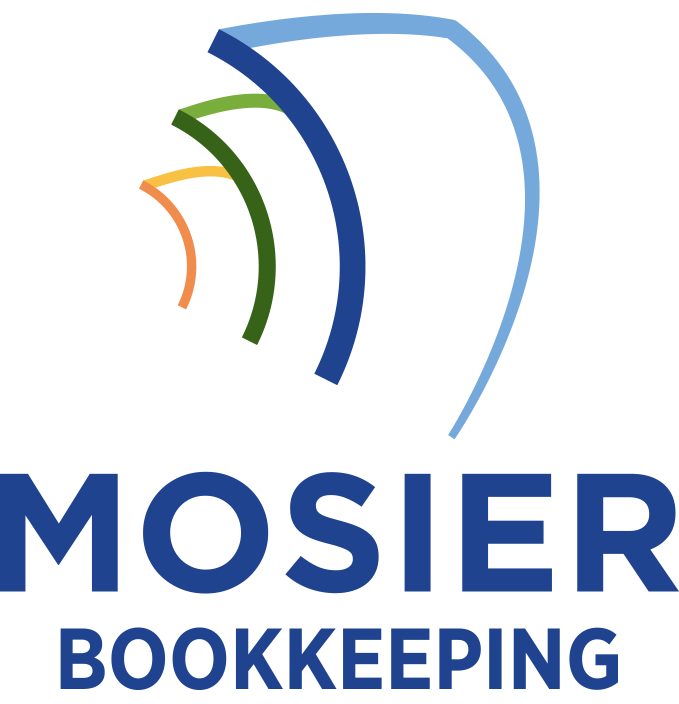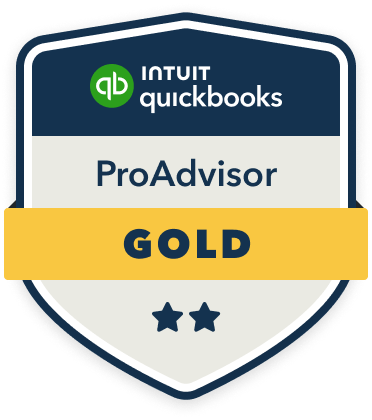A bookkeeping checklist transforms your financial chaos into a streamlined command center, helping you catch errors before they compound and ensuring tax compliance with precision. I’ve found it saves significant time through standardization while providing critical data for strategic decisions. You’ll minimize costly mistakes, maintain organized records, and automate repetitive tasks – all while building a scalable system. Let me show you how this powerful tool can revolutionize your financial management.
Streamlining Financial Organization and Workflow

While maintaining organized financial records can seem challenging, a well-structured bookkeeping checklist transforms chaotic paperwork into a streamlined workflow. I’ve found that implementing a systematic approach allows you to command your financial processes with precision and authority.
Minimizing Errors and Maintaining Accuracy
A systematic bookkeeping checklist serves as your primary defense against costly financial errors. I’ll show you how it enables you to catch discrepancies before they compound and create larger problems. When you follow a structured checklist, you’ll systematically verify each transaction, reconcile accounts, and cross-reference documentation.
You’ll maintain precision through built-in verification steps that flag unusual patterns or missing information. By implementing double-check protocols within your checklist, you’ll create a self-auditing system that catches human errors, data entry mistakes, and potential fraud. This methodical approach guarantees your financial records remain accurate, reliable, and audit-ready at all times.
Ensuring Compliance and Tax Readiness

Detailed bookkeeping checklists guarantee you’ll stay compliant with tax regulations and reporting requirements throughout the year. I’ve found that maintaining a systematic approach to compliance reduces stress and empowers you to face audits confidently.
- Track deadlines for quarterly estimated tax payments, payroll taxes, and annual returns
- Document all deductions with proper receipts and supporting evidence
- Monitor changes in tax laws and adjust your recordkeeping accordingly
- Maintain separate records for different tax jurisdictions and entities
Saving Time and Resources Through Standardization
Beyond maintaining compliance, implementing standardized bookkeeping processes saves substantial time and operational costs. I’ve found that a well-structured checklist eliminates guesswork and reduces errors that could require costly corrections later. When you standardize your procedures, you’ll train new staff more efficiently and maintain consistency across your financial operations.
I recommend automating repetitive tasks through your checklist system. You’ll cut down on manual entry time and free up resources for strategic financial planning. By following standardized procedures, you’ll also reduce oversight needs and create a more streamlined workflow that scales with your business growth.
Improving Business Decision Making With Better Data

When you maintain organized bookkeeping records through a systematic checklist, you’ll gain access to reliable data that drives smarter business decisions. I can help you leverage this data to maximize your competitive advantage and strengthen your market position.
- Track cash flow patterns to time strategic investments and expansions
- Identify your most profitable products, services, and customer segments
- Monitor expense trends to eliminate waste and optimize resource allocation
- Analyze seasonal fluctuations to adjust staffing and inventory levels
With accurate financial insights at your fingertips, you’ll make data-driven decisions that propel your business forward. I’ll show you how to transform raw numbers into actionable intelligence that builds your bottom line.









